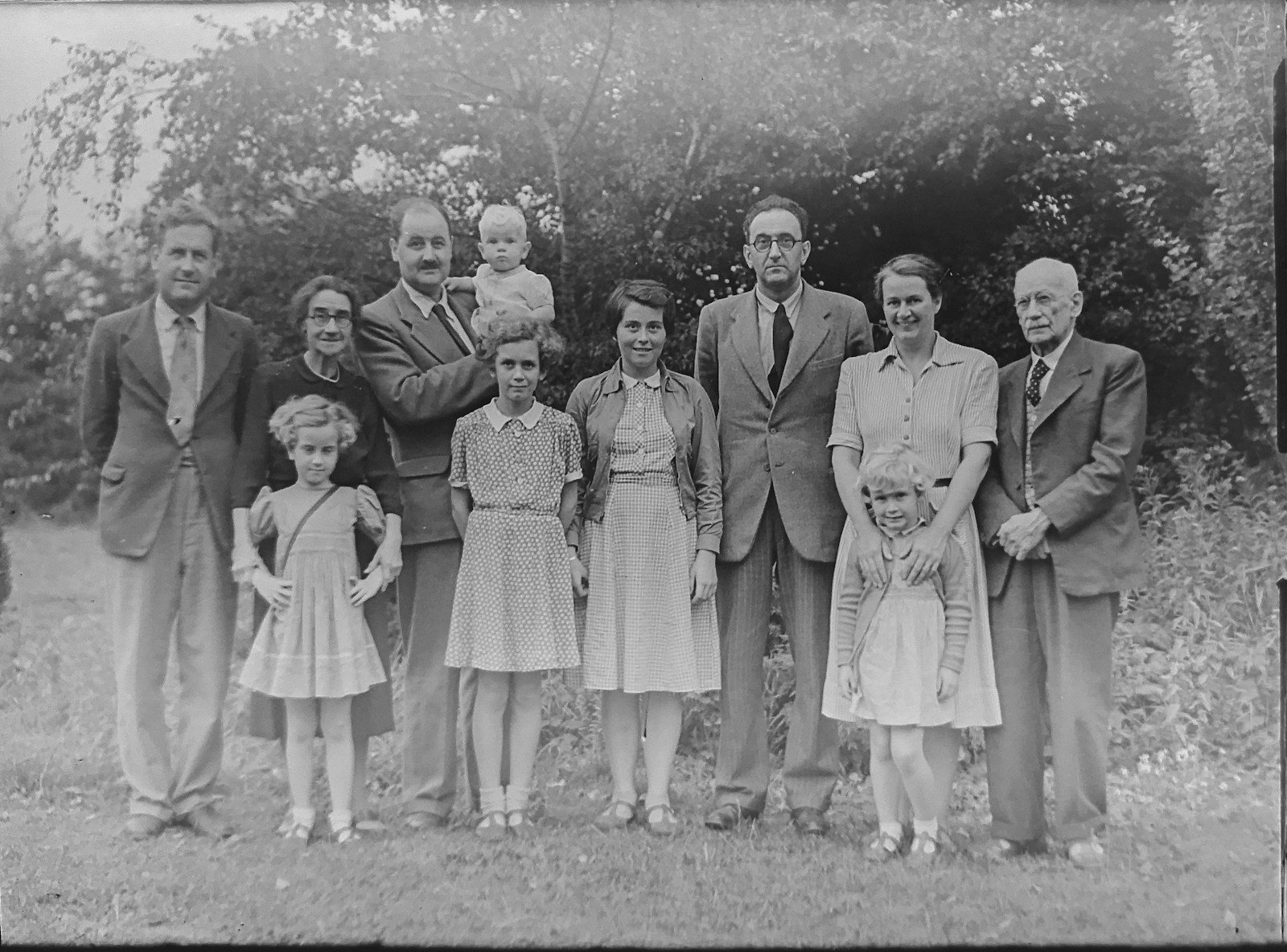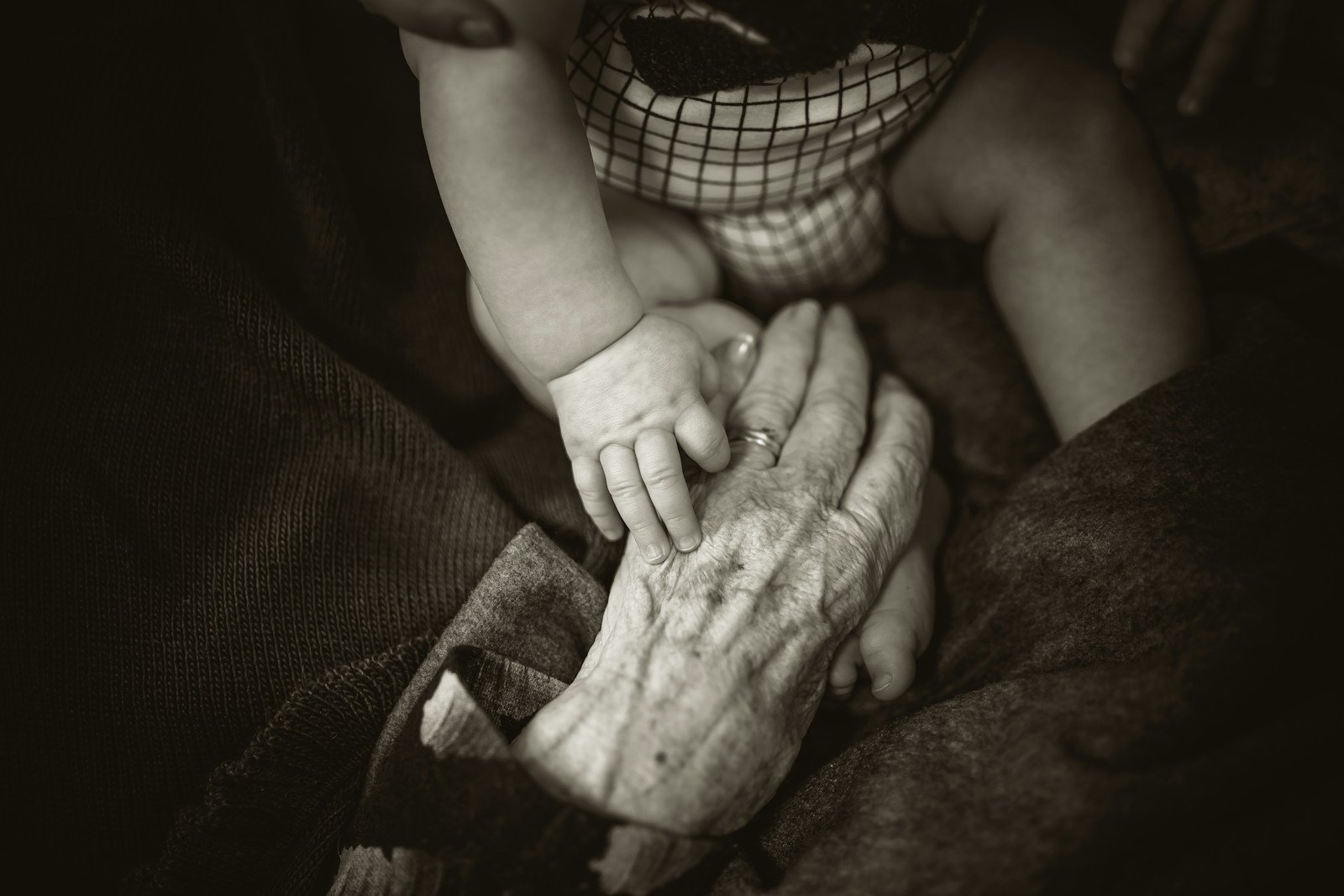Preserving family history is crucial in maintaining a sense of continuity and connection across generations.
By documenting and sharing stories of our ancestors, we bridge the gap between the past and the present, creating a rich tapestry of experiences that shape our understanding of who we are and where we come from. Family history serves as a repository of cultural heritage, providing insight into our roots, traditions, and values that have been passed down through the ages.
In addition to fostering a sense of identity and belonging, preserving family history also allows for the preservation of unique perspectives and wisdom that may otherwise be lost over time. Each family has its own story to tell, its own trials and triumphs that have shaped its members in profound ways. By keeping these stories alive, we honor the resilience and resilience of those who came before us, drawing strength and inspiration from their journeys.
Benefits of Sharing Stories Across Generations
Sharing stories across generations can have profound benefits that extend beyond mere entertainment. It serves as a bridge between the past and the present, fostering a sense of continuity and connection within the family unit. By sharing personal narratives and experiences, older generations pass down wisdom, values, and cultural traditions to the younger members, enriching their understanding of their own heritage.
Furthermore, the act of storytelling promotes empathy, compassion, and understanding among family members. When individuals listen to and engage with each other’s stories, they gain insight into different perspectives and experiences. This can lead to a greater appreciation for diversity, creating a more inclusive and harmonious familial environment.
Impact of Intergenerational Wisdom on Identity
Intergenerational wisdom plays a pivotal role in shaping one’s sense of identity. By sharing stories, traditions, and values across generations, individuals are able to better understand their roots and heritage. This connection to the past provides a framework for self-discovery and self-definition, allowing individuals to draw strength and guidance from the experiences and knowledge passed down through their family.
Moreover, the transmission of intergenerational wisdom fosters a sense of continuity and belonging within a family unit. As individuals learn about the struggles, triumphs, and resilience of their ancestors, they cultivate a deeper appreciation for their own place in the world. This interconnectedness between past, present, and future not only enriches personal identity but also reinforces the importance of preserving and perpetuating cultural heritage for generations to come.
Techniques for Passing Down Values Through Oral Tradition
Oral tradition is a powerful method of passing down values from one generation to the next. Through storytelling, families can preserve their cultural heritage and instill important moral lessons in their descendants. One effective technique is to incorporate family rituals and customs into the narratives, creating a sense of continuity and connection with the past.
Another technique is to use personal anecdotes and examples to illustrate the values being emphasized. By sharing real-life stories of how these values have shaped family members’ lives, younger generations can better understand and internalize the significance of these beliefs. Encouraging open dialogue and active participation in storytelling sessions can further strengthen the bond between family members and ensure that the values being passed down through oral tradition are received and embraced wholeheartedly.
The Role of Cultural Traditions in Preserving Intergenerational Wisdom
Cultural traditions play a pivotal role in preserving intergenerational wisdom. These traditions encompass a wide range of practices, beliefs, rituals, and customs that are passed down from one generation to the next. Through cultural traditions, families can transmit their values, stories, and knowledge to younger members, ensuring that important aspects of their heritage are not lost over time. These traditions form the foundation upon which intergenerational wisdom is built, fostering a sense of continuity and identity within families and communities.
By participating in cultural traditions, individuals develop a profound connection to their roots and a deeper appreciation for the experiences and wisdom of their ancestors. These traditions provide a framework for understanding one’s place in the world and instill a sense of pride in one’s cultural heritage. Through the celebration of cultural rituals, the sharing of traditional stories, and the adherence to customary practices, families create a rich tapestry of intergenerational wisdom that enriches the lives of both young and old. Cultural traditions serve as a bridge between the past, present, and future, ensuring that valuable lessons and insights are preserved and passed on for generations to come.

Ways to Encourage Communication Between Generations
Communication between generations is vital for the transmission of valuable wisdom and knowledge. To encourage this exchange, creating a safe and welcoming environment is crucial. Providing opportunities for family members of different ages to engage in open conversations without judgment fosters a sense of mutual respect and understanding. Encouraging active listening and validating each other’s experiences can further enhance communication between generations.
Additionally, incorporating storytelling as a regular practice within the family can strengthen communication bonds. Sharing personal anecdotes, family histories, and cultural traditions can create connections between generations and spark meaningful conversations. Activities such as creating a family storybook, hosting storytelling sessions during gatherings, or initiating intergenerational projects can all serve as effective ways to encourage communication and bridge generational gaps.
How Intergenerational Wisdom Can Shape Future Generations
Intergenerational wisdom plays a critical role in shaping the future generations by providing them with a strong foundation built upon the knowledge and experiences of their ancestors. As younger individuals learn from the stories and values passed down through generations, they gain insights into their family’s history, traditions, and cultural heritage. This knowledge not only connects them to their roots but also instills a sense of belonging and pride in their identity. By understanding where they come from and the challenges their ancestors faced, younger generations can develop a deep appreciation for resilience, perseverance, and the importance of preserving their heritage.
Furthermore, intergenerational wisdom acts as a compass guiding future generations towards making informed decisions and navigating the complexities of life. By learning from the successes and failures of previous generations, young individuals can glean valuable lessons and apply them to their own lives. This transfer of wisdom fosters a sense of continuity, ensuring that core values and beliefs are upheld and passed on to the next line of descendants. Through this continuum of knowledge and teachings, future generations are empowered to make meaningful contributions to society, uphold cherished traditions, and create a legacy that honors the wisdom of their ancestors.
Challenges in Transmitting Stories and Values Across Generations
Communication between generations can encounter various obstacles that hinder the seamless transmission of family stories and values. One common challenge is the generation gap, where differing life experiences and perspectives can make it difficult for older and younger generations to relate to each other. This disconnect can lead to misunderstandings or a lack of interest in learning about each other’s stories and values, impeding the transfer of wisdom from one generation to the next.
Furthermore, modern lifestyles and technological advancements pose another challenge in preserving intergenerational wisdom. With the fast-paced nature of today’s world, families may struggle to find the time and opportunity to sit down and pass on stories orally. The reliance on digital communication methods can also lead to a loss of the personal touch that comes with face-to-face storytelling, making it harder to maintain the emotional connection that is essential for preserving family history and values.
The Emotional Connection Created Through Sharing Family Stories
When family stories are shared across generations, a profound emotional connection is created. These personal narratives have the power to evoke feelings of nostalgia, empathy, and belonging, fostering a sense of unity among family members. Through storytelling, individuals can gain a deeper understanding of their family history and heritage, strengthening the emotional bonds that tie generations together.
Moreover, the act of sharing family stories can provide a platform for emotional expression and catharsis. It allows individuals to celebrate triumphs, mourn losses, and reflect on the shared experiences that have shaped their family legacy. By engaging in this communal storytelling process, family members can express their values, beliefs, and emotions in a meaningful and impactful way, leading to a heightened sense of emotional connection and solidarity within the family unit.
Resources for Documenting and Preserving Intergenerational Wisdom
When it comes to documenting and preserving intergenerational wisdom, there are various resources available to individuals and families looking to safeguard their family history. One valuable resource is oral history projects, where family members are interviewed to capture their stories and experiences for future generations. These interviews can be recorded, transcribed, and stored in digital or physical formats to ensure that the knowledge and insights shared by elders are preserved for years to come.
In addition to oral history projects, another useful resource for documenting intergenerational wisdom is the use of multimedia tools. Creating videos, slideshows, or digital photo albums can be a creative way to showcase family stories and traditions visually. These multimedia creations not only serve as a means of preserving family history but also make it easier to share these stories with younger generations in an engaging and interactive manner.
